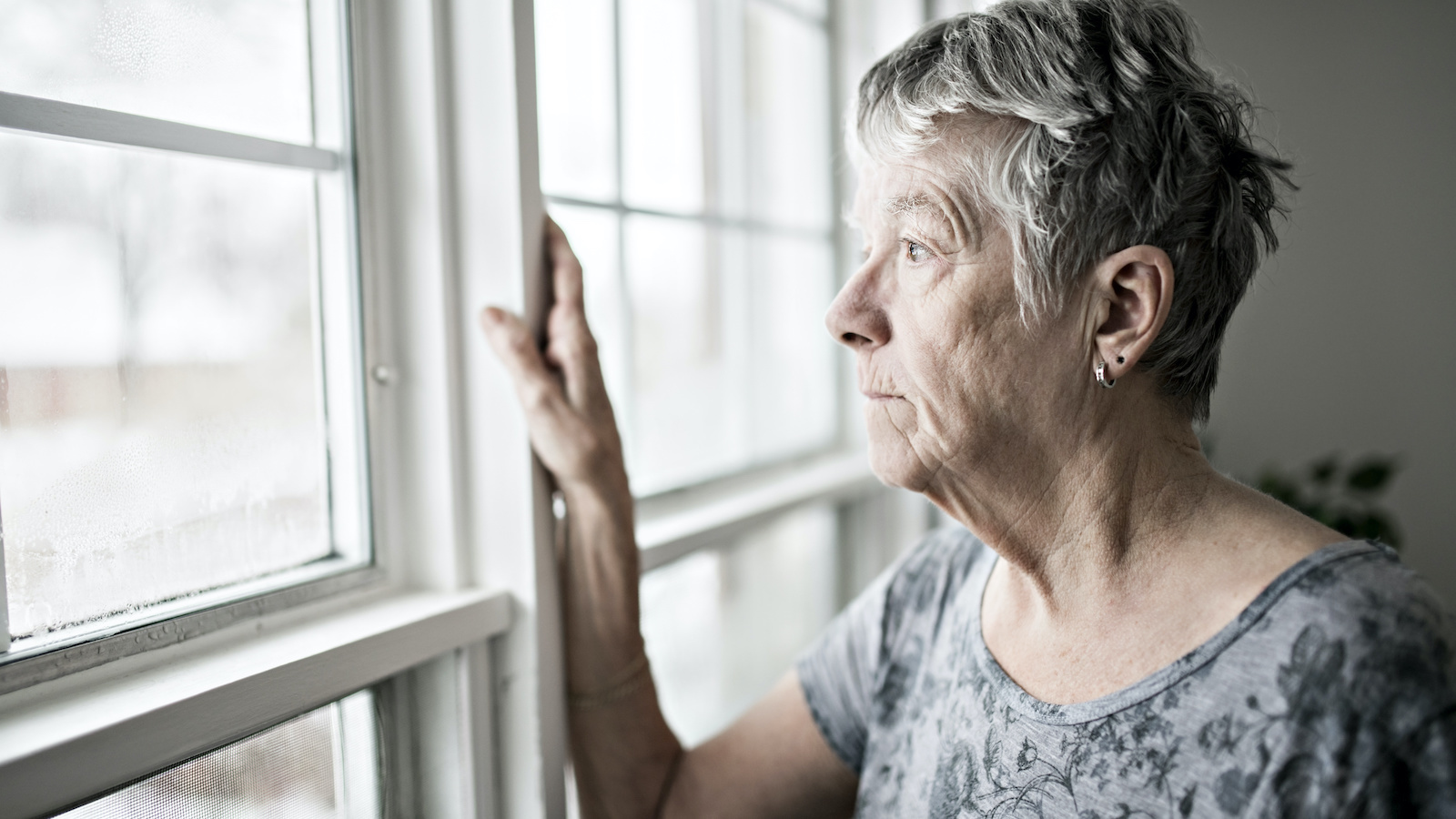One side effect of the COVID-19 pandemic is the isolation of elderly residents in long-term care facilities. | stock photo
One side effect of the COVID-19 pandemic is the isolation of elderly residents in long-term care facilities. | stock photo
There are dangerous and complicated realities, other than the obvious, lurking in the COVID-19 pandemic for Michigan's elderly population, according to a report from Bridge Michigan.
The report found that elderly people, while certainly susceptible to COVID-19 infection and death from the virus, are struggling with a more sinister side effect: death by isolation.
Michigan long-term care facility residents -- including nursing homes and assisted living -- have been living a life of seclusion since early last year. Bridge Michigan spoke with the daughters of one such resident, Gene Schoendorf, who died of "Alzheimer's Dementia" and COVID-19 in December.
Alzheimer's-related deaths skyrocketed 18% as Michigan struggled with COVID-19 mitigation last year. The trends are similar nationwide, according to The New York Times.
Before the COVID-19 pandemic, Schoendorf, who had been battling dementia for several years already, was at least able to engage in simple conversations and smile at his daughters when they would visit hm at the Ovid Healthcare Center, north of Lansing.
Schoendorf's two daughters said that that changed in March, when the facility restricted visitation to essential visits only, such as when a resident was close to death.
From hygiene to holiday parties to family visits to social hour among the residents, the routines that elderly people like Schoendorf were used to came to a halt.
The 94-year-old, confused by visits through the window and virtual meet-ups, quickly stopped recognizing his two daughters, Sarah and Stacy, who would smile and wave through a window or screen.
“Once we could not get in there, we were just a friendly person,” Sarah Maynard, a special education instructor in Clinton County, told Bridge Michigan. “You know, it's that physical presence that makes a difference, and it wasn't happening.”
In a five-year span from 2014 to 2019, the state recorded approximately 4,100 Alzheimer's-related deaths annually. In 2020, the number grew to 4,838. Research from the Centers for Disease Control and Prevention suggests the health risks of loneliness are a suspected culprit of this 18% increase.
Sheria Robinson-Lane, a University of Michigan gerontologist, said that this connection between emotional health and overall well-being is important. "You can't take a pill for loneliness," she told Bridge Michigan.



 Alerts Sign-up
Alerts Sign-up